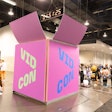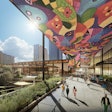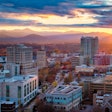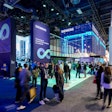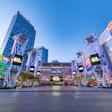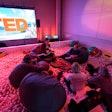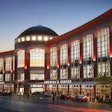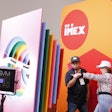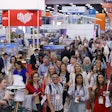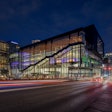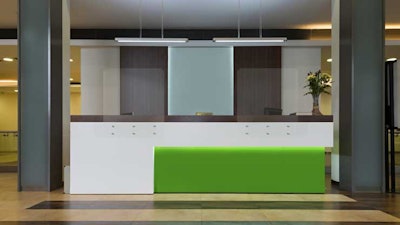
When face-to-face meetings resume, there will be shields reminding attendees of COVID-19.
Just as hotels and restaurants have adopted protective barriers between employees and customers, many events are likely to do the same. Connect will employ plexiglass for one-on-one appointments at our events this fall.
“We believe this is here to stay,” says Luis Diego Rodriguez, vice president of marketing and sales for HMI Cardinal, a Louisville, Kentucky-based glass manufacturer. “Businesses are going to want some type of barrier between employees and customers to protect them from the droplets.”
But just as shields won’t be a one-size-fits-all solution, not all barriers are created equally, says Rodriguez.
HMI Cardinal is the country’s largest producer of glass shower enclosures. When COVID-19 struck, the company moved to repurpose the same materials it already uses for the type of barriers popping up in establishments that have re-opened.
Not only did it fill a need in the marketplace, the move paved the way for HMI Cardinal to be deemed an essential business during the initial lockdown.
Rodriguez argues glass shields will ultimately be the preferred standard given its low cost and because glass is easy to clean. His company’s product is known as Cardinal Shield, a quarter-inch thick barrier coated with a surface protectant and are shatterproof and resistant to scratching.
“It is the right balance of safety and cost,” says Rodriguez.
Just as bread, meat and gloves were hard to come by due to demand, plexiglass supply is now limited with many manufacturers back-ordered.
Beyond protection, barriers provide sales departments with a new sponsorship opportunity. Logos can be digitally printed onto the Cardinal Shield.
HMI Cardinal created different sizes of barriers, some going as high as 70 inches to allow restaurants to seat more people. Courthouses and movie theater concession stands are employing barriers, and many offices may add the shields to existing cubicles, predicts Rodriguez. Schools in South Korea, for instance, installed shields in cafeterias upon opening in May.
“This is the new norm,” says Rodriguez.


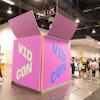
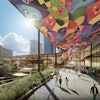


.png?auto=format%2Ccompress&fit=crop&h=167&q=70&w=250)



